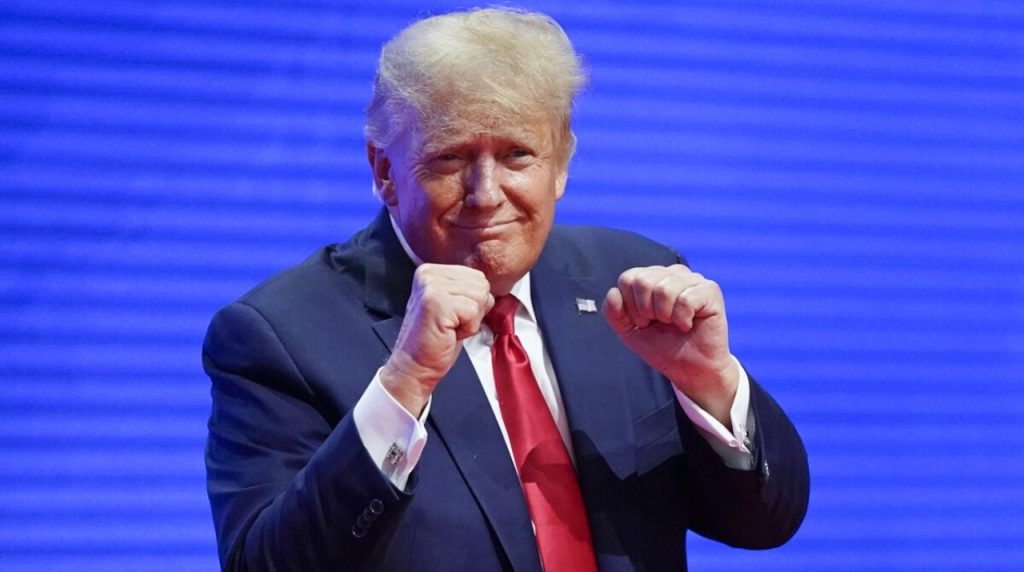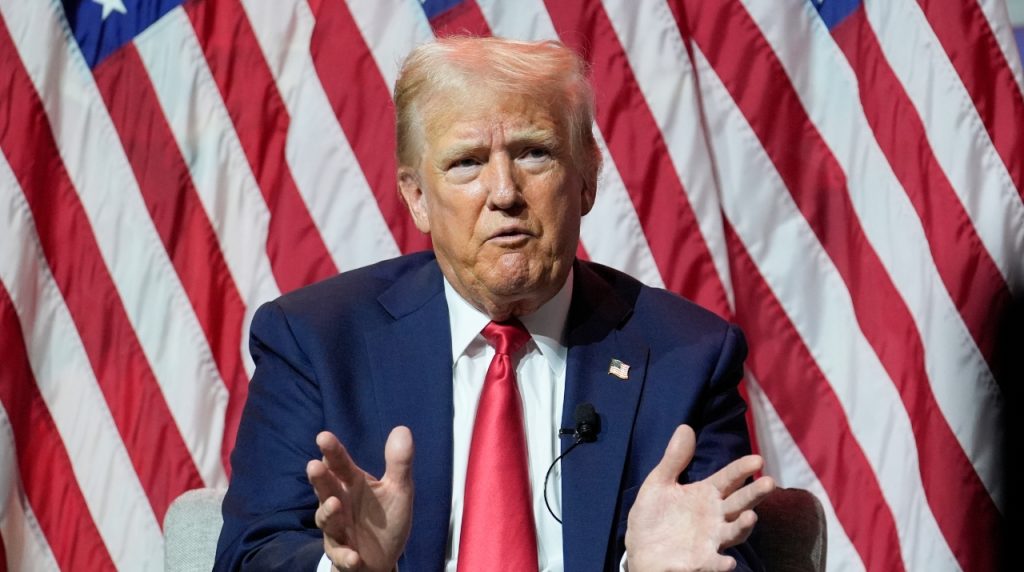
What does Donald Trump Think about the Electric Vehicle Market?

Donald Trump was elected as the 47th president of the United States, after defeating the Republican Party candidate, Kamala Harris.
As in all areas, the return of the tycoon generates expectations in the automotive and electromobility market, an area in which the administration of the outgoing Joe Biden achieved significant progress such as tax incentives and investments in charging infrastructure.
Trump will take office in 2025 and it will be until that time that it will be clear what his policy regarding electrified cars will be. However, we can review some of the Republican’s views during his campaign.
You may also read: The United States and Mexico Confirm Joint Efforts to Promote Mobility and Clean Energies

In Sentences
“I will end the electric vehicle mandate from day one, thus saving the auto industry from the destruction that is happening right now and saving American customers thousands and thousands of dollars per car,” he said.
On the other hand, Trump has denied being against electrification as long as the sale of a combustion vehicle is not penalized. But he did criticize investment in charging infrastructure, given that billions are being poured into an underutilized network that takes longer than desired to get up and running.
“Right now, AI needs a lot of energy, literally twice the energy that’s available right now in our country; but instead we’re spending money on electric vehicle charging points,” he lashed out in another of his pre-election speeches.
The electric mandarin has suggested he could eliminate the $7,500 federal tax credit for electric vehicles, despite recently changing his stance on EVs after receiving strong support from Tesla CEO Elon Musk.
Trump told the media after a campaign rally in Pennsylvania that he does not like the tax incentives, but cautioned that he has not yet made a final decision on the EV credit.

Treaty with Mexico and Canada
Trump also said in his campaign that he intends to adjust the Treaty between Mexico, the United States and Canada (T-MEC) with the aim of restricting the marketing of Chinese cars in U.S. territory and strengthening the local manufacturing sector.
“I will formally notify Mexico and Canada of my intention to invoke the renegotiation clause after six years of the agreement,” said the politician at the Detroit Economic Club, a non-partisan platform focused on the discussion of business, government and social issues.
He also advanced a series of actions to rescue the automotive industry “from collapse”.
Trump argues that Chinese automakers are building plants in Mexico and taking advantage of the terms of the T-MEC to bring a large number of vehicles into the United States.





